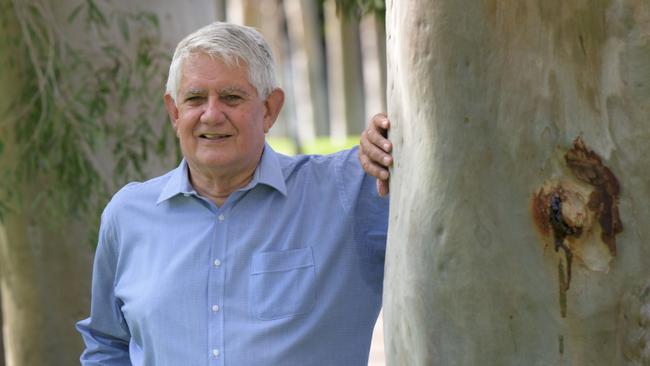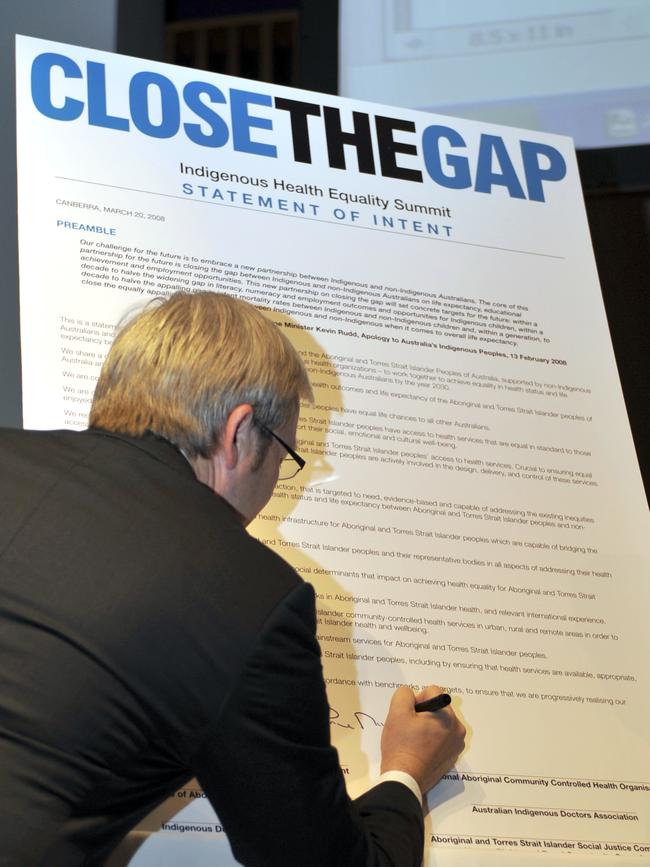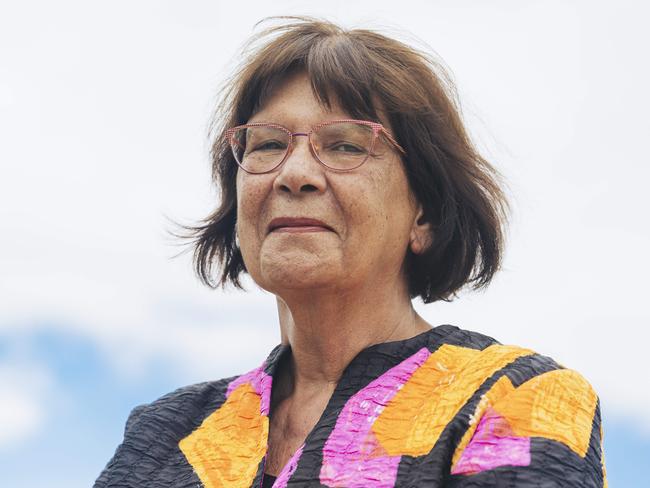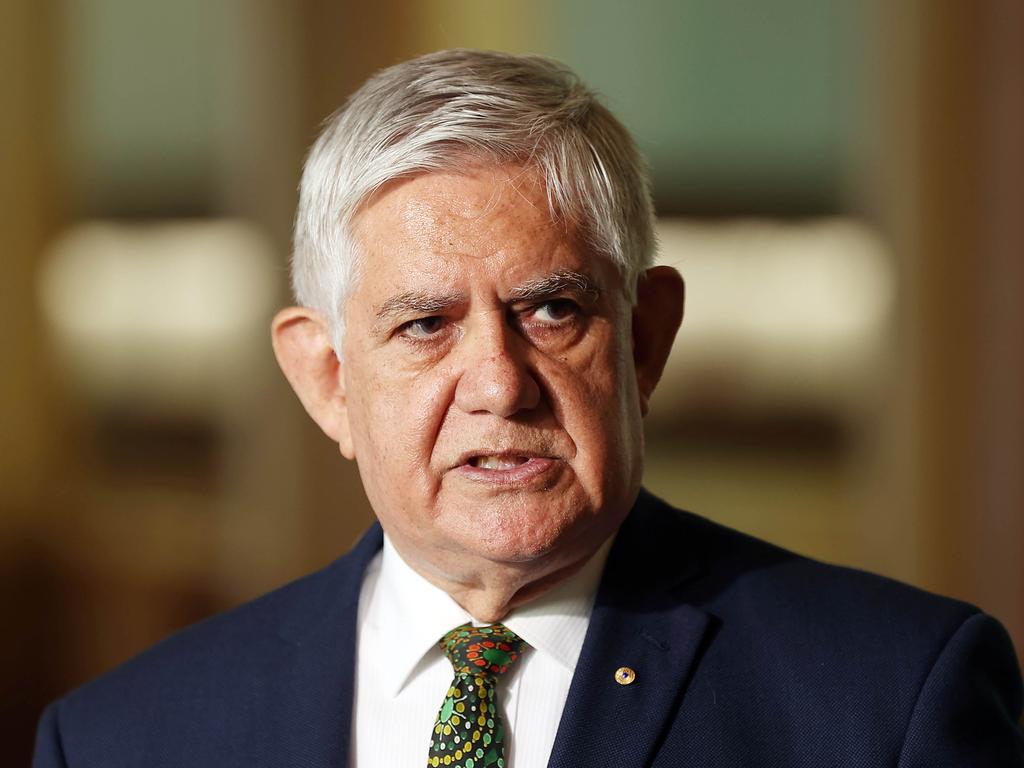Wyatt says governments risk legal challenges if progress not made in improving Aboriginal lives
Governments could face class actions if they do not start to meet targets to reel in the disparities between mainstream Australia and Aboriginal people, former Indigenous Australians minister Ken Wyatt has warned.

Governments across the nation could face class actions worth millions of dollars if they do not start to meet their targets to reel in the disparities between mainstream Australia and Aboriginal people, former Indigenous Australians minister Ken Wyatt has warned.
The Closing the Gap agreement – signed in 2020 by all governments and a coalition of Aboriginal and Torres Strait Islander service providers – has struggled to make any improvements in key areas, just as the decade-long agreement it replaced was also considered a failure.
Mr Wyatt – the nation’s first Indigenous federal cabinet minister and an architect of the 2020 deal – said premiers and prime ministers risked future legal challenges if progress was not made in improving Aboriginal lives.
“Governments must ensure that measures and resources allocated for Closing the Gap targets are equitably distributed across all Aboriginal and Torres Strait Islander people rather than disproportionately benefiting those accessing specific services,” Mr Wyatt told The Australian.
“Failure to do so risks marginalising non-users and could result in legal challenges or future class actions, particularly given that these agreements were endorsed by the Australian government, national cabinet, and state and territory cabinets.”

Kevin Rudd oversaw the first Closing the Gap agreement, which he announced as prime minister in his historic apology to the Stolen Generations in 2008.
That decade-long agreement had seven targets and just two – early childhood education and year 12 attainment – were achieved. Results fell short in targets for school attendance, child mortality, employment, life expectancy, and literacy and numeracy.
The rewritten agreement differs because signatories include the states, NT and the Coalition of Peaks – a growing alliance of 90 Indigenous organisations that include Aboriginal medical services controlled by community boards and advocacy and research groups such as SNAICC.
In 2019, then prime minister Scott Morrison intervened in the development of the second Closing the Gap agreement to ensure the Coalition of Peaks could be involved.
But the Productivity Commission’s assessments of progress under the new agreement show it is mostly not working. There are 19 targets in the current Closing the Gap agreement and available data shows just five targets are on track to be met by 2030.
The commission has been highly critical of bureaucracies for not sharing decisions with Indigenous communities about matters central to the Closing the Gap agreement such as health, education, jobs, training, justice and crime prevention.
Mr Wyatt said the Indigenous organisations in the Closing the Gap agreement must share responsibility. “Aboriginal organisations must also be accountable for achieving Closing the Gap targets to ensure measurable progress and build trust among Aboriginal communities, governments and stakeholders,” he said.

“While Aboriginal organisations play a key role in driving these initiatives, accountability frameworks must also respect their cultural, social and operational contexts.
“Accountability for Aboriginal organisations in achieving Closing the Gap targets requires a balanced approach that combines robust frameworks with cultural sensitivity. By fostering transparency, building capacity and encouraging collaboration, Aboriginal organisations can drive significant progress while maintaining their autonomy and respect for cultural values.
“Governments and stakeholders must act as partners in this journey, ensuring accountability leads to tangible, sustainable outcomes for Aboriginal communities.”
A series of small agreements underpins the current Closing the Gap agreement, each with detailed aims and agreed ways to get there. These include five policy partnerships between bureaucracies and Aboriginal and Torres Strait Islander people who have good knowledge of the topic. For example, the justice policy partnership has 10 Indigenous members and nine from government.
Proponents of the new approach say is too early to judge the effects of policy partnerships because some are being written, others are being rolled out.
Coalition of Peaks lead convener Pat Turner, who helped write the current Closing the Gap agreement, said there was much more to be done “and sometimes a step forward also comes with a step back”. Some important changes were under way, she said, including a proposed funding model based on need to support Indigenous community-controlled health organisations to provide services where they can make the most difference.






To join the conversation, please log in. Don't have an account? Register
Join the conversation, you are commenting as Logout